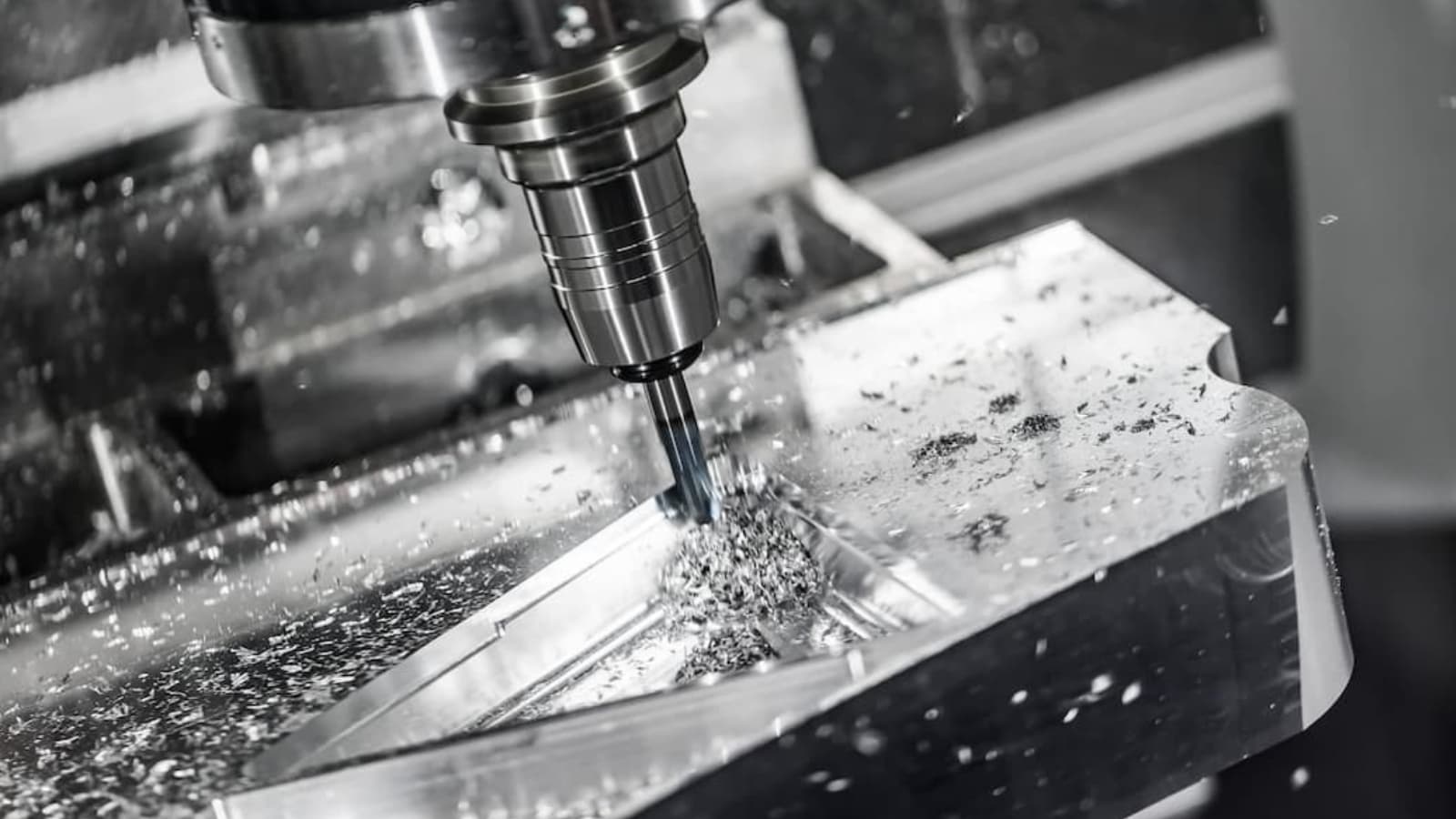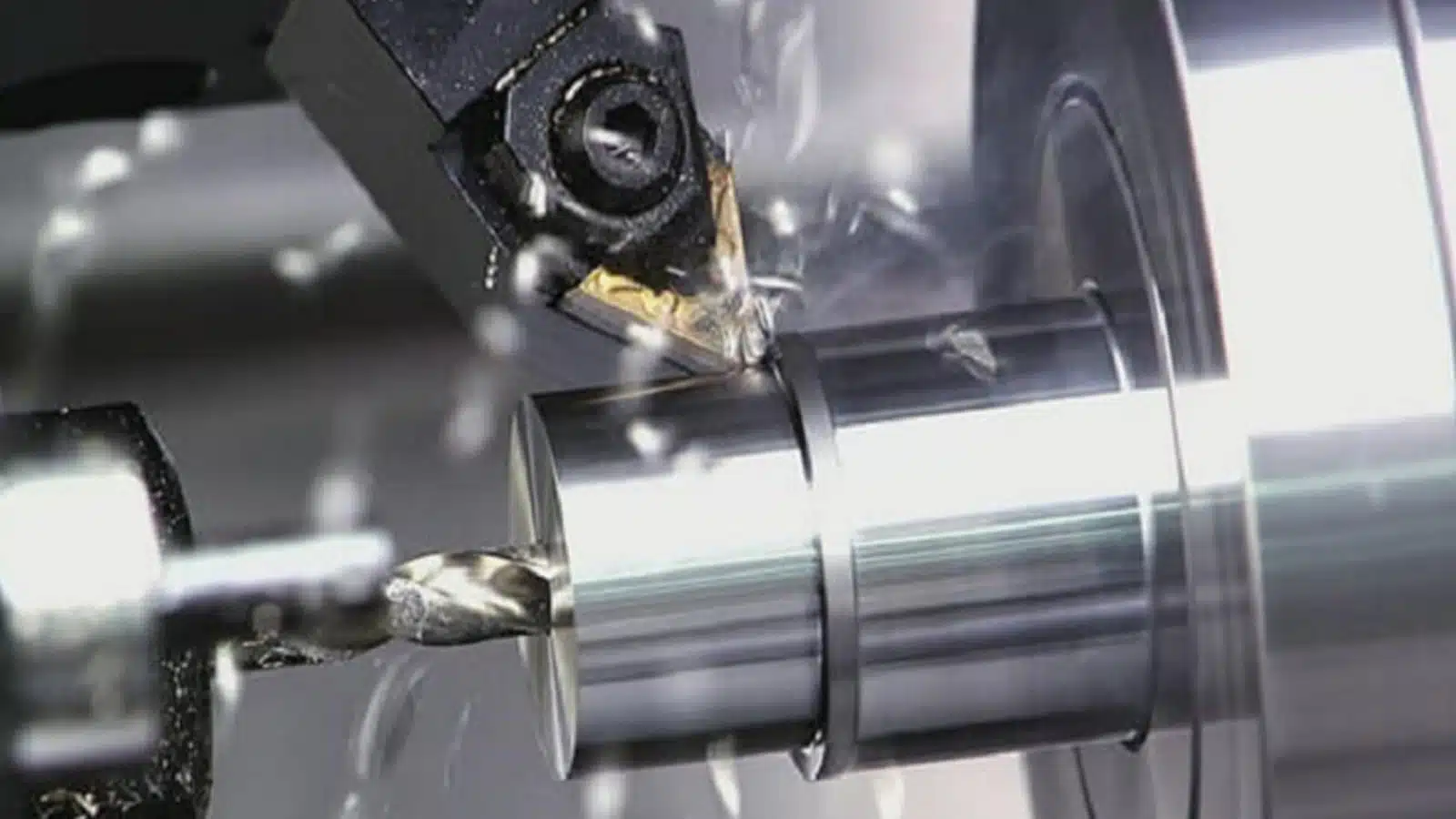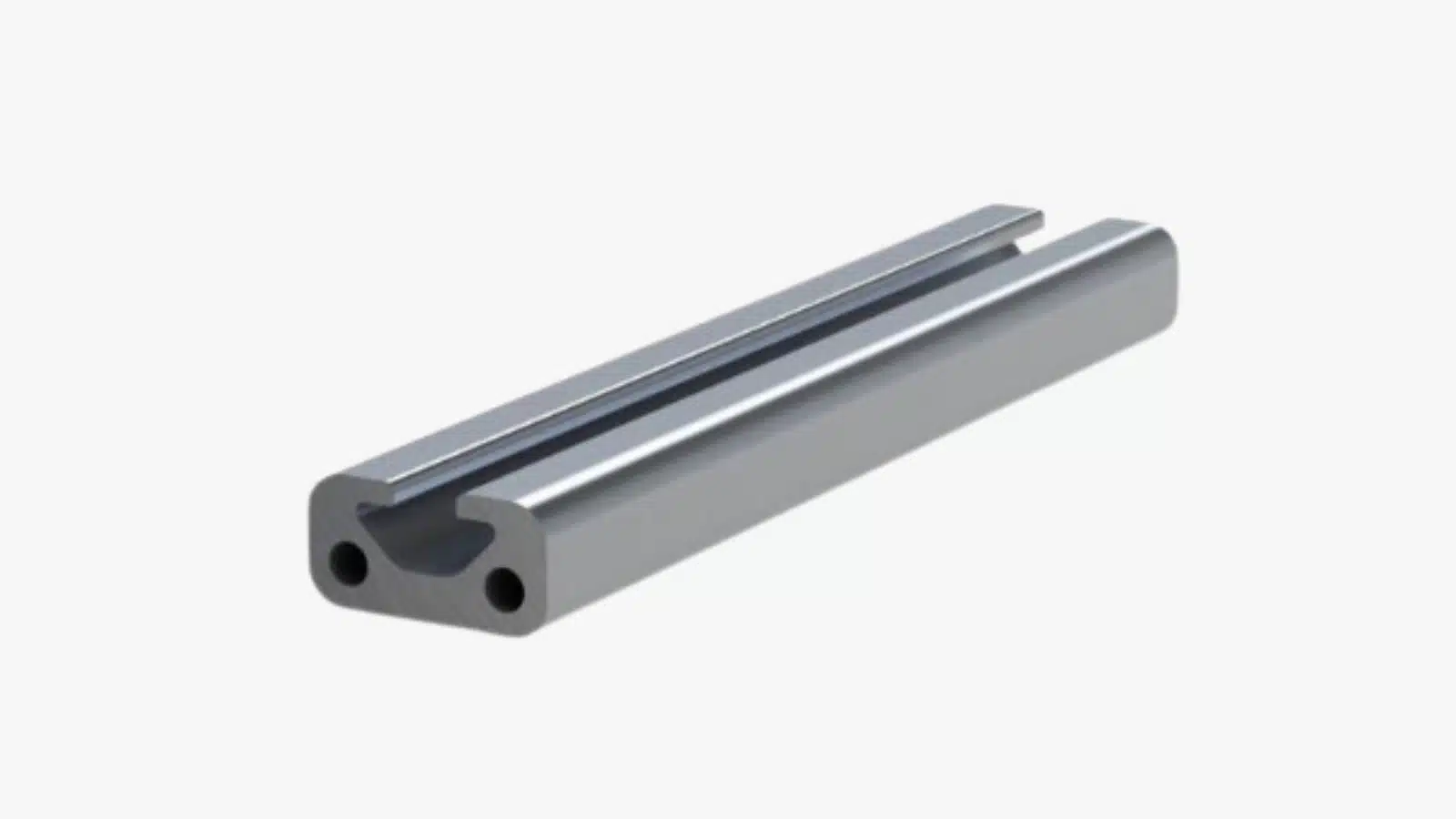Of the many materials used in product manufacturing, metals boast of high tensile strength and rigidity. However, technological advancement has replaced metals with lightweight polymers. A very good example is Delrin material which boasts of the properties earlier listed with metals.
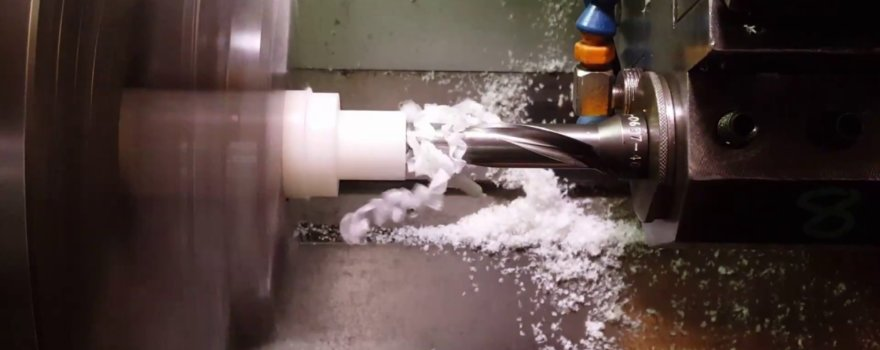
Delrin is an important material in product manufacturing. Therefore, in this article, we will look into the secrets and tips about Delrin material. We will introduce Delrin’s types, advantages and disadvantages, and applications.
What is Delrin Material?
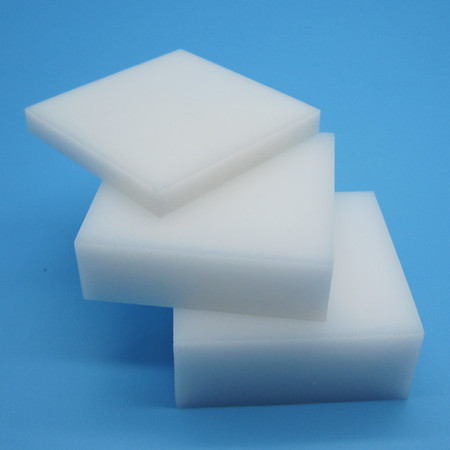
Delrin, also referred to as Polyoxymethylene (POM) or acetal, is an engineering thermoplastic used in manufacturing plastic parts with improved strength, stiffness, and stability. It is a wear-resistant and semi-crystalline thermoplastic applicable in various machining processes, particularly in creating plastic Delrin parts for replacing metals.
Types of Delrin Material
There are two main types of Delrin. Each type offers distinct properties and has different applications in various industrial and automotive processes. The two types of Delrin are:
· Delrin Copolymer
Delrin copolymer is made from resins specifically designed for wear resistance. As a result, it possesses exceptional mechanical properties, including stiffness, low water absorption, and dimensional stability. It is also resistant to organic solvents such as ketones and esters.
· Homopolymer Grades
Delrin Homopolymer is made from resins designed explicitly for other electrical and other mechanical applications asides from wear resistance. It is also resistant to organic solvents and neutral chemicals. In addition, it has properties such as stress and strain resistance, low water absorption, and high creep resistance are peculiar to homopolymer grades.
Features of Delrin Material
Delrin is an ideal material for manufacturing plastic parts. Its properties also make it a perfect alternative to plastic and metal in the production of parts. Below are important Delrin material properties:
- Repeated Impact Resistance
- High Mechanical Strength and Durability
- Strong Creep Resistance
- Low Moisture Absorption
- Resistant to Solvents and Organic Chemicals
- Low Friction Coefficient
- Stable in Low Temperature
- Good Shock Resistance
Application of Delrin
Delrin is preferred in many processes as it provides high wear resistance and guarantees a low friction coefficient. Delrin material has been employed as a replacement for metals to provide corrosion resistance, single-stage manufacturing of parts, and lightweight products without the need for multiple machining steps.
Around the world, leading companies employ injection-molded Delrin parts for high-load mechanical processes and the manufacture of various durable products such as:
- Safety restraint components
- Sliding & Guiding Parts
- Gears
- Door system components
- Medical delivery devices
Advantages and Disadvantages of Machining Delrin Material
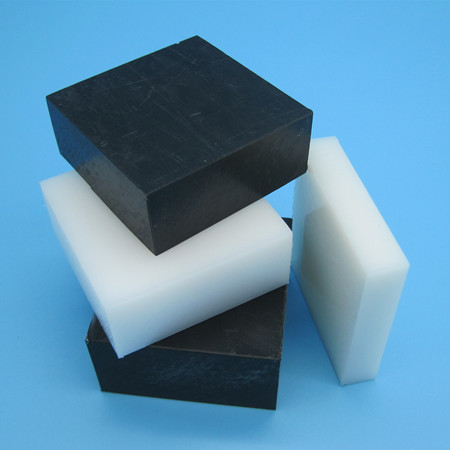
Delrin is a perfect substitute for metals in part production. However, like any material used in manufacturing, it has both its advantages and disadvantages. Below are its advantages and disadvantages:
Advantages of Machining Delrin Material
Due to its unique mechanical properties, Delrin provides numerous advantages as shown below:
· Low Weight
Compared to metals, Delrin is light. However, despite its lightweight, it possesses high tensile strength and can withstand impact and repeated shock loads.
· Machinability
Delrin possesses unique properties that make it easy to be worked on and processed with either conventional or advanced machinery. It also provides better flow rates than other resins, allowing a more consistent filling of thin walls in the mold.
· Strength
Delrin is a fatigue-resistant polymer. Its rigidity and high mechanical strength make it suitable to produce a wide range of high-performance Delrin parts with long service lifecycles.
· Low Friction Coefficient
Delrin is suitable for the manufacture of sliding and moving parts that require no maintenance. In addition, its natural lubricity makes it a good choice for parts that require little or no friction during use.
· High Strain and Stress Capacity
Compared to metals, Delrin possesses excellent spring-back characteristics. In addition, its high strain and spring-back capacity make it suitable for snap-fit and buckle applications.
· Moisture Resistant
Delrin does not absorb moisture and can be employed for applications in humid conditions. It is also resistant to organic solvents such as petrol and other chemical solvents. Its moisture resistance also makes it corrosion-resistant. Therefore, it is an ideal material for many industrial processes.
Disadvantages of Using Delrin in Manufacturing
Delrin also possesses certain limitations, which do not allow its full adoption in product manufacturing. Below are a few of its disadvantages:
· Poor Acid Resistance
Delrin material performs well in solvent resistance. However, certain acids such as mineral acids and chlorine will damage it. As a result, even very low chlorine concentrations in potable water can cause cracks in water pipes.
· Food Storage
Delrin is not an ideal plastic for making storage containers for food storage. This is because Delrin reacts with acidic food substances and causes contamination.
· Poor Adhesion
Due to its chemical properties, Delrin has difficulty bonding to one another. Therefore, the use of adhesives such as polyurethane and epoxies has been employed to bond Delrin. However, this requires the services of adhesive experts, which increases cost.
· Flammable
Delrin is a flammable material. The burning material cannot be extinguished except with the use of a Class A fire extinguisher.
Machining Delrin is a delicate process that experts must handle. For the best machining process, it is important to trust a company with Delrin machinability knowledge and competence to quality delivery. With us at RapidDirect, you have a guarantee of quality products. You can also consult with our support team for manufacturing advice. If you already have a CAD file, upload it now to get an instant quote for your design.
How To Improve Your Delrin Machining Process
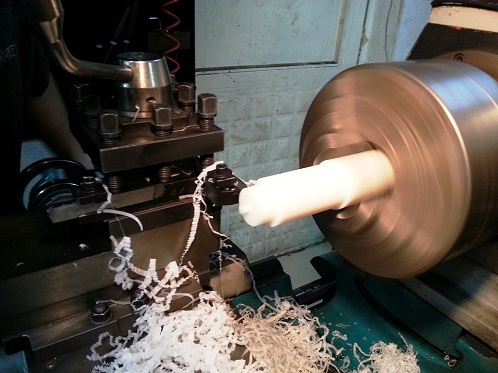
Machining Delrin is a process that requires with precision to achieve the best results. Often an expert in CNC machining and injection molding is required to guarantee an easy manufacturing process of Delrin parts. However, the tips below are useful and will help you before and during Delrin machining.
When To Use Delrin Material
It is important to understand when to use a Delrin to produce parts to achieve the best results. Delrin material should be used:
- When it is important to retain the physical properties and dimensional stability of the part in humid environments
- When there is a sliding or back-and-forth motion between metals or plastic parts
- To prevent corrosion when parts interact with water, weak acids, and industrial solvents.
- When the part must be lightweight
- If lubrication needs to be avoided in the part
- When heavy or high impact load needs to be supported by the part
When Not to Use Delrin Material
Delrin has a wide application in different industries. However, you should not use Delring under the following conditions:
- Strongly acidic or basic environment (4< pH >9), the strong acid or base would damage the part.
- Temperatures greater than 90°C to avoid the burning of the part
- When the Delrin parts would interact with industrial fuels with acidic properties
Preventing Contamination
The contamination of Delrin parts during machining Delrin is a major concern in technically demanding fields such as medicine and life sciences. You can avoid contamination by employing heat treatments, machine-only plastics, and automated machining designs with little or no human interference.
FAQs
The choice of Delrin material would depend largely on the type of project involved. Some Delrin grades possess superior mechanical properties compared to others. Therefore, your choice depends on the customer’s specifications and how the Delrin material grade can help achieve the project.
Delrin is available in two types, namely Delrin copolymer and Delrin homopolymer. While both polymers possess similar properties, they also possess different properties. For instance, Delrin copolymer has better resistance to hot water and caustic solutions, while Delrin homopolymer has a higher yield and tensile strength.
Conclusion
Delrin has proven to be a perfect alternative to metals and plastics in the production of parts. Thanks to its numerous advantages, it has seen mass adoption in various industrial processes. At RapidDirect, we provide product design guidance and Delrin machining processes to help you get the best out of your project. Our team of experts provides top-notch services that help you get the best out of your design, reduce cost and deliver durable products.
